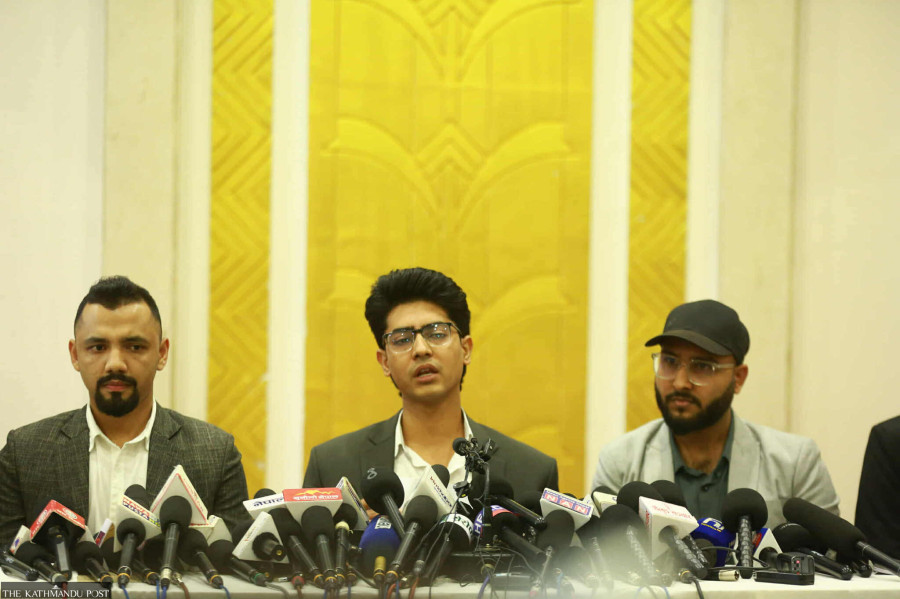Editorial
New parties, new promises
A solid electoral challenge to the old forces would be most welcome.
A healthy competition between ideas and visions, which vibrant political parties embody, is the beauty of democracy. They are articulators of people’s aspirations and their fortunes turn in line with whether they can capture people’s sentiment and work for public welfare. This is why it is heartening to see new political parties emerge in the wake of the Gen Z uprising. Some new outfits are already registered with the Election Commission, while others are in the process of doing so. These outfits promise to challenge the dominance of the old Parliament’s Big Three—the Nepali Congress, the CPN-UML and the CPN (Maoist Centre). There is also a lot of excitement around these forces and their participation in March 5, 2025 national polls. And rightly so. People have had enough of the top leaders of the three parties taking turns to rule the country by turns, as if it were their personal fief. Yet these newer outfits must act wisely if they expect public support.
Most of them are based on common platforms of anti-corruption, rule of law, good governance and national development. But these are all outcome related goals. For the sustainability of any political force, it must be built around one or more core ideologies. Or it should at least be able to clearly place itself along the ideological spectrum. There can be only so many political forces carrying pretty much the same agendas. If the forces that emerged from the Gen Z movement go into elections competing against themselves, the votes will be split—again to the benefit of the old forces that have robust nationwide organisations and are good at getting their core supporters to come out and vote.
The newer forces must also do their homework, for instance on a potentially monumental topic like changing the country’s system of government. At present, this cannot be done without doing grievous harm to the current constitution. These are not the things that should be decided in haste. Even if a new force decides to make the issue of a directly elected executive head its main agenda, there must be enough flesh to the idea’s bone, or people won’t trust the idea’s proponents. It would be good for these newer outfits to include in their ranks experts in various fields so that there is a healthy combination of youth and experience. A solid electoral challenge to the old forces would be most welcome as these parties have repeatedly failed to honour their promise to the people, and for long it appeared that the country was doomed to be perpetually ruled by a handful of old leaders. The Gen Z movement completely changed the picture.
The country needs accountable forces on the right, left and centre. The sooner the newer forces can occupy these niches by clearly working out their core strengths and values, the better. What we also see is the emergence of new parties around certain personalities—which is never a healthy development. The quick political rise and fall of Pushpa Kamal Dahal ‘Prachanda’ and his Maoist party being a case in point. Only the political organisations that understand their core strengths and values, promote meritocracy and have robust systems to periodically hand over power will thrive in the long run.




 8.22°C Kathmandu
8.22°C Kathmandu














